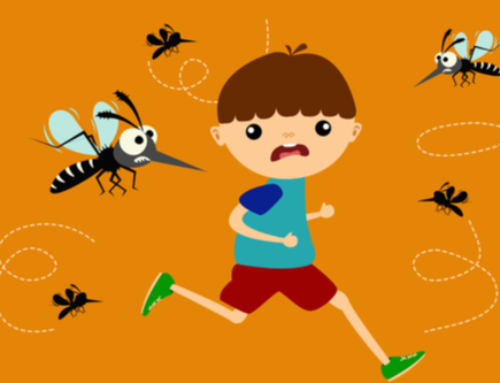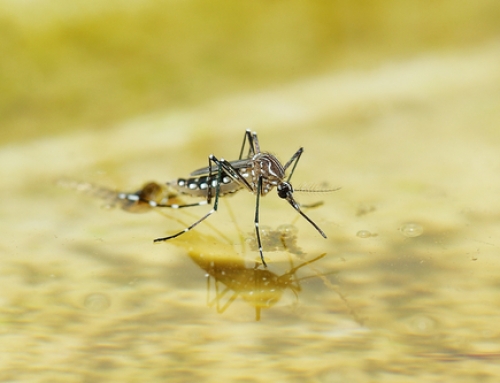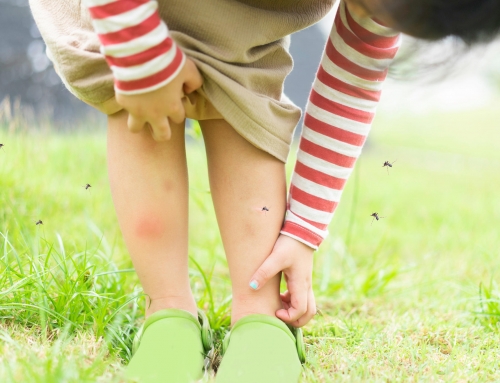Powassan Virus in Charleston, South Carolina
As the premier mosquito and tick misting experts in Charleston, South Carolina, the Knockout Mosquito killers know that ticks aren’t just disgusting, they are dangerous. Every year we see a growth in the tick population and spread diseases, many of which are difficult to diagnose and treat. As you may have seen in the news of late, the tick population is moving closer to the Charleston area and the diseases they spread can be deadly. Once such disease is the rare and sometimes lethal Powassan virus. In this article, we will explain the Powssan virus, how you become infected, which ticks carry the Powassan virus and the symptoms of the virus in Charleston, South Carolina.
What is the Powassan Virus in Charleston, South Carolina?
Powassan (POW) virus disease is a rare, but often deadly disease caused by Powssan-infected ticks. Approximately 75 cases of POW virus disease were reported in the United States over the past 10 years and numbers are expected to rise with this latest outbreak in the Charleston area. POW virus is one of a group of arthropod-borne viruses (arboviruses) that can cause inflammation of the brain (encephalitis).
How Can I Become Infected with the Powassan Virus in Charleston, South Carolina?
People can get POW virus through the bite of a tick that is infected with the virus. Not all ticks carry these viruses and not all people that are bitten by a tick will get sick. A tick needs to be attached to a person for a length of time before it can transfer the disease. The exact length of time the ticks needs to transfer the POW virus is unknown, but it is likely much shorter than the time needed for other tickborne disease agents.
Which Ticks are Known to Carry the Powassan Virus in Charleston, South Carolina?
Blacklegged Ticks, also known as Deer Ticks, are one the carriers of POW and are the same ticks that carry Lyme disease. The Blacklegged Tick can be found in wooded areas of Charleston. The ticks search for hosts at or near ground level and grab onto a person or animal as they walk by. To dispell a myth, ticks do not jump, fly, or fall from trees.
What are the Symptoms of the Powassan Virus in Charleston, South Carolina?
According to the Center for Disease Control, symptoms include:
- The incubation period (time from tick bite to onset of illness) ranges from about 1 week to 1 month.
- POW virus can infect the central nervous system and cause encephalitis (inflammation of the brain) and meningitis (inflammation of the membranes that surround the brain and spinal cord).
- Symptoms can include fever, headache, vomiting, weakness, confusion, loss of coordination, speech difficulties, and seizures.
- Approximately half of survivors have permanent neurological symptoms, such as recurrent headaches, muscle wasting and memory problems.
- Approximately 10% of POW virus encephalitis cases are fatal.






